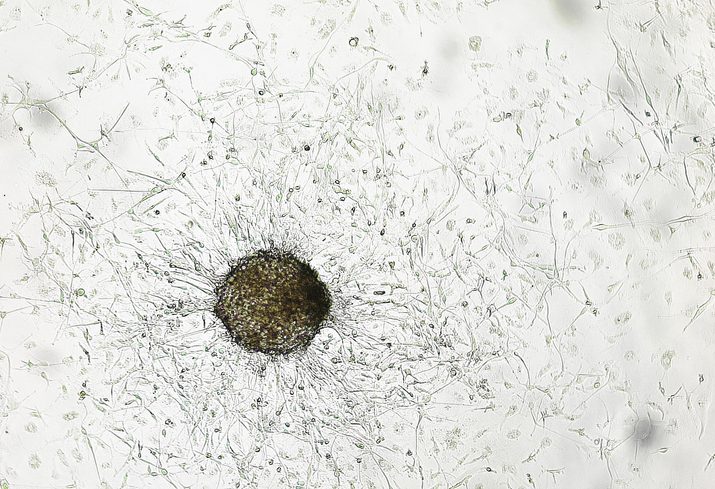
A study examined the barriers to and current use of social media to recruit participants for cancer clinical trials.
“The use of social media has been explored as a potential strategy to improve enrollment in cancer clinical trials. However, significant barriers to implementation of this recruitment approach remain, including investigator reluctance to use social media for patient recruitment,” the researchers wrote.
Between Oct. 21, 2019, and Dec. 30, 2019, an online survey was sent to 220 principal or coprincipal investigators of National Cancer Institute–funded clinical protocols. The survey asked the question, “How often do you use social media to recruit for your research studies?”, and the proportion of respondents who reported any use besides saying “never” was used to determine the prevalence of social media use for recruitment. They also assessed attitudes and concerns about using social media to recruit for trials.
A total of 92 surveys were returned for a 45% response rate. Of the 92 respondents, 20 said they use social media platforms to recruit patients for clinical trials (22%; 95% confidence interval [CI], 14%-32%); these respondents were defined as “users.” Users tended to be younger than nonusers (<45 years, 8 of 20 [40%] vs. 15 of 72 [21%]; P=0.08) and had 30% or more professional time dedicated to research (16 of 20 [80%] vs. 41 of 72 [57%], P=0.07).
Although under a quarter of survey respondents said they use social media for trial recruitment, 79 of them said they agree that it could help raise awareness of cancer trials (86%; 95% CI, 77%-92%), 75 said it could increase education about them (82%; 95% CI, 72%-89%), and 69 said it could increase patient access to trials (75%; 95% CI, 65%-83%). Common concerns among respondents included the risks of misinformation (n=55; 60%; 95% CI, 49%-70%) and misinterpretation (n=53; 58%; 95% CI, 47%-68%) regarding trial information; 54 said trained moderator monitoring is required (59%; 95% CI, 48%-69%).
Nonusers, compared to users, had more concerns surrounding misinformation (49 of 72 [68%] vs. 6 of 20 [30%], P=0.004), misinterpretation (48 [67%] vs. 5 [25%], P=0.002), undisclosed conflicts of interest (32 [44%] vs. 3 [15%], P=0.02), and violations of patient privacy (27 [38%] vs. 1 [5%], P=0.005).
The study was published in JAMA Network Open.
“If investigator resistance is overcome, social media may emerge as an essential tool for promoting accrual to clinical trials,” the study authors concluded.







 © 2025 Mashup Media, LLC, a Formedics Property. All Rights Reserved.
© 2025 Mashup Media, LLC, a Formedics Property. All Rights Reserved.